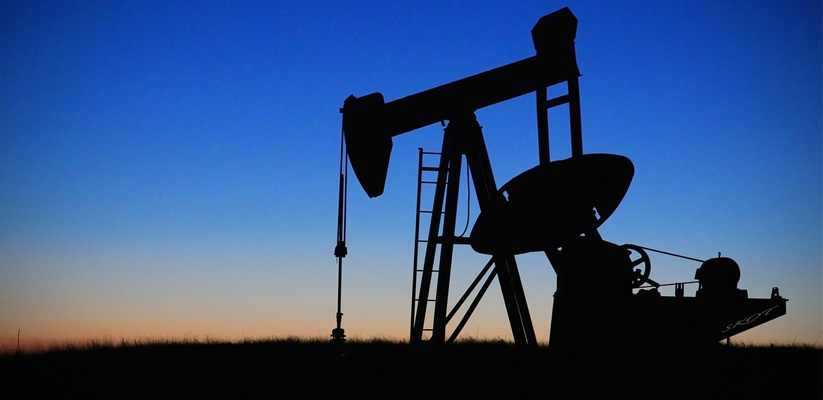
The Oil & Gas industry has been drowning in Big Data for ages. From sensors monitoring wells to the huge amount of seismic data, the industry has access to approximately 20 petabytes of data. To put this into perspective, that’s 926 times the size of the United States’ Library of Congress, which with its 160 million items on approximately 838 miles of bookshelves is the largest library in the world.
The Oil & Gas sector was one of the first industries to process this Big Data for better insights. In 1965, expert systems were introduced to provide a kind of knowledge discovery and data mining. More specifically, an expert system was developed for the Oil & Gas industry to offer cost-effective remediation alternatives to assist decision-makers dealing with environmental concerns like oil spills. However, such expert systems – designed and used to study how human experts make decisions and translate these into rules that machines could comprehend – failed to live up to expectations. There was simply not enough computer processing and analytics power.
Since then, the Oil & Gas sector has been working in data mining to provide recommendations, predictions, and get more insights about the reservoir data. In 2001, “intelligent” software was developed to identify the non-linear relationship and mapping between well logs/rock properties and seismic information and extract rock properties, relevant reservoir information and knowledge.
Would Big Data bring new value to the Oil & Gas sector? It’s an interesting question, because one of the recent challenges facing the Oil & Gas industry is skills shortage. As quoted by the Financial Times in 2014, “the skills shortage in the oil patch is frequently cited as one of the biggest challenges facing the industry. In the so called ‘Great Crew Change’, the older generation of geoscientists and petroleum engineers who were hired before the sweeping layoffs of the 1980s are now approaching retirement age and will soon leave the world of work”.
Throughout my consulting career I have had opportunities to work with a number of Oil & Gas companies. Recently, I witnessed the growing need to harvest the collective knowledge of retiring engineers. Despite the fact that the field today is in need of young scientists who are aware of recent technologies and trends, the experience and wisdom gained by older engineers should not be disregarded. For the sake of building strong teams and exploiting resources efficiently, younger engineers should ideally be able to benefit from the knowledge and experience collected by older geoscientists. I believe we should also seriously consider feeding machines with this knowledge too.
One way to solve this challenge is the use of Natural Language Processing. Most drilling reports and well logs from oil fields are written long-hand. Thus, an approach for getting the collective knowledge or the data from the field experience of retired drilling chiefs is to use Natural Language Processing to process these reports. This would allow Oil & Gas organizations to build automated real-time systems which can mash-up with streaming data from sensors to provide guidance and recommendation in a digital oil field.
What do you think about other ways that Big Data could help to solve challenges in the Oil & Gas sector? Feel free to share your thoughts and comments below.
- If Trust is the Main Ingredient of Leadership, Is Trust the Main Ingredient of Successful AI? - November 18, 2020
- The Main Pillars of Future Polymer Factories, the Next Future Material for AI - November 15, 2019
- From the Bronze Age to Today’s AI-based Circular Economy, and How Data Virtualization and Federated Learning Make It Possible - August 13, 2019
